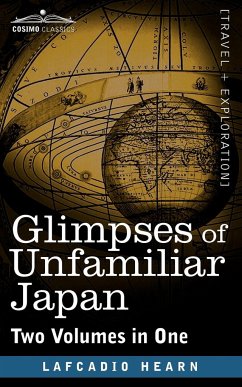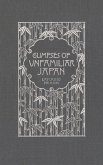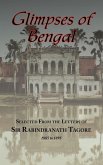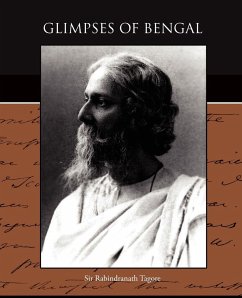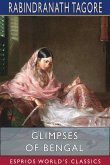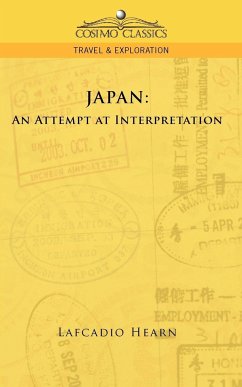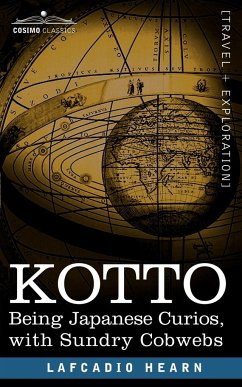In 1889, Westerner Lafcadio Hearn arrived in Japan on a journalistic assignment, and he fell so in love with the nation and its people that he never left. In 1894, just as Japan was truly opening to the West and global interest in Japanese culture was burgeoning, Hearn published this delightful series of essays glorifying what he called the "rare charm of Japanese life." Beautifully written and a joy to read, Hearn's love letters to the land of the rising sun enchant with their sweetly lyrical descriptions of winter street fairs, puppet theaters, religious statuaries, and even the Japanese smile and its particular allure. Presented here in one combined volume, Glimpses of Unfamiliar Japan is a wonderful journal of immersion on a foreign land that will bewitch Japanophiles and travelers to the East. Bohemian and writer PATRICK LAFCADIO HEARN (1850-1904) was born in Greece, raised in Ireland, and worked as newspaper reporter in the United States before decamping to Japan. His writings include In Ghostly Japan (1899), Japan: An Attempt at Interpretation (1904), and Kwaidon (1904), a book of Japanese ghost stories.
Bitte wählen Sie Ihr Anliegen aus.
Rechnungen
Retourenschein anfordern
Bestellstatus
Storno

